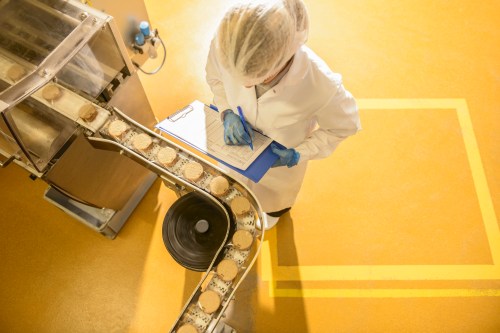Rising depression rates are at the forefront of mental-health-related discussions right now, particularly in light of Kate Spade and Anthony Bourdain‘s recent suicides. Sadly, though major depressive disorder affects about 16 million adults in the United States every year, most medications used to treat depression simply don’t work for about 30 percent of patients, a new study’s press release notes. And now, scientists are starting to understand why this discrepancy exists.
Currently, researchers say 90 percent of the treatments available for fighting depression appeal to the monoamine hypothesis, which claims that those who have low levels of serotonin and norepinephrine—which are monoamines—are depressed. But a new study published in the journal Neuroscience provides a reason why treating serotonin and norepinephrine levels alone won’t ease the depression symptoms of so many people: There might be an entirely different type of the condition that spawns from a protein level rather than a monoamine.
“Monoamines appeared to not be involved in this depressive behavior. Instead, MCHR1 was.” —Dr. Yumiko Saito
The researchers built on a previous study that discovered low levels of the protein RGS8 might lead to increased depressive symptoms: Since RGS8 is able to inactivate the hormone receptor MCHR1, which is responsible for everything from mood responses to sleep and appetite, it stands to reason that lowered RGS8 means increased depressed behavior. To test the theory, researchers analyzed two groups of mice—one genetically engineered to have more RGS8, the other a control group—that underwent a swim test and logged how long each mouse was active or immobile, according to Newsweek. The RGS8-addled mice were immobile for a shorter amount of time than the normal mice, and researchers interpreted this to mean they were less depressed.
The results show that the mice displayed “a new type of depression” in which serotonin and norepinephrine didn’t factor in at all. “Monoamines appeared to not be involved in this depressive behavior. Instead, MCHR1 was,” study co-author Yumiko Saito, PhD, says in the press release.
In response to these results, the researchers think a new drug is needed to help the many people who struggle with mental-health issues find a treatment that actually works for them. But, in the meantime, it might help to add holistic measures, like exercising and getting the right amount of sleep each night, to current treatment regimens—and, of course, never hesitate to reach out to a professional for help.
Here are six common myths about depression, busted by therapists. Or, meet the diet that might lower your risk of depression.
Sign Up for Our Daily Newsletter
Get all the latest in wellness, trends, food, fitness, beauty, and more delivered right to your inbox.
Got it, you've been added to our email list.










